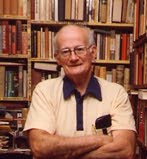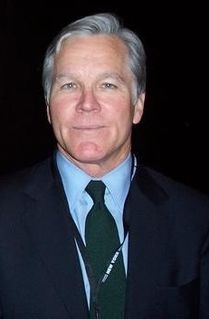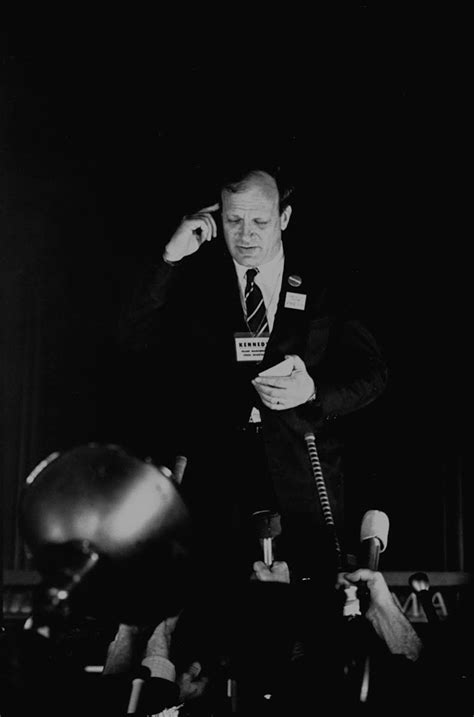A Quote by R. A. Lafferty
The opposite of liberal is stingy. The opposite of radical is superficial. The opposite of conservative is destructive. So I declare that I am a radical conservative liberal. Beware of men who use words to mean their opposites.
Quote Topics
Related Quotes
Do not be deceived by the way men of bad faith misuse words and names … Things are set up as contraries that are not even in the same category. Listen to me: the opposite of radical is superficial, the opposite of liberal is stingy; the opposite of conservative is destructive. Thus I will describe myself as a radical conservative liberal; but certain of the tainted red fish will swear that there can be no such fish as that. Beware of those who use words to mean their opposites. At the same time have pity on them, for usually this trick is their only stock in trade.
I call myself a radical conservative. What's that? Well, let's analyze it. Go to the dictionary. Radical: One who gets to the roots of things. And I'm a conservative because I want to conserve the green of the grass, the potability of drinking water, the first amendment of the Constitution and whatever sanity we have left.
I use throughout the term 'liberal' in the original, nineteenth-century sense in which it is still current in Britain. In current American usage it often means very nearly the opposite of this. It has been part of the camouflage of leftish movements in this country, helped by muddleheadedness of many who really believe in liberty, that 'liberal' has come to mean the advocacy of almost every kind of government control.
Let the liberal turn to the course of action, the course of all radicals, and the amused look vanishes from the face of society as it snarls, “That’s radical!” Society has good reason to fear the radical. Every shaking advance of mankind toward equality and justice has come from the radical. He hits, he hurts, he is dangerous. Conservative interests know that while liberals are most adept at breaking their own necks with their tongues, radicals are most adept at breaking the necks of conservatives.
The label 'liberal' or 'conservative,' any - every time I hear that, I think of the great Gilbert and Sullivan song from 'Iolanthe.' It goes, 'Every gal and every boy that's born alive is either a little liberal or else a little conservative.' What do those labels mean? It depends on whose ox is being gored.
A politician will always tip off his true belief by stating the opposite at the beginning of the sentence. For maximum comprehension, do not start listening until the first clause is concluded. Begin instead at the word 'BUT' which begins the second, or active, clause. This is the way to tell a liberal from a conservative - before they tell you. Thus: 'I have always believed in a strong national defense, second to none, but...(a liberal, about to propose a $20 billion defense cut).
The people I am afraid of are the ones who look for tendentiousness between the lines and are determined to see me as either liberal or conservative. I am neither liberal, nor conservative, nor gradualist, nor monk, nor indifferentist. I would like to be a free artist and nothing else, and I regret God has not given me the strength to be one.




































